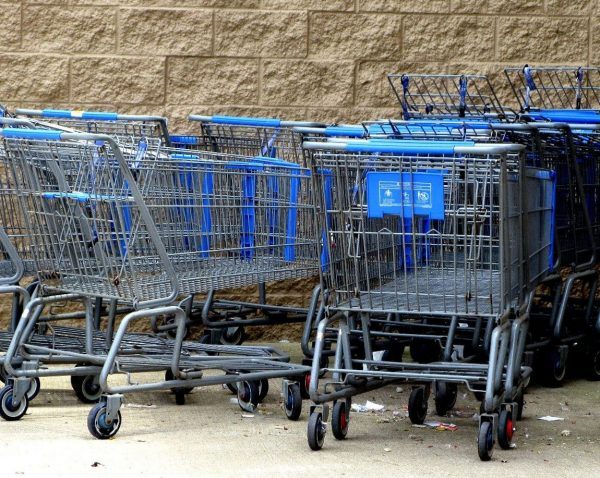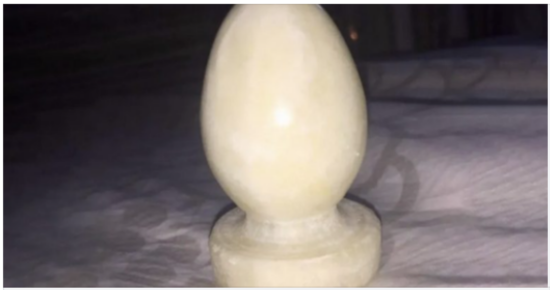Walmart Developing New Shopping Carts That Can Spy On You
I typically go to the store once a week to stock up on supplies I need for the next seven days. Inevitably, I sometimes forget an item and have to go back for a second trip. Since I know exactly what I want, I head right for it instead of looking around the store for other things. However, sometimes another product will catch my eye, causing me to stop and look at it.

This is a situation that we have all been in before. While we don’t think much of it, Walmart pays a lot of attention to our shopping habits like this one. Walmart wants to know more about how we shop, which is why they have applied for a patent for smart shopping carts that will give them more feedback about our shopping habits.
The carts will have sensors that will be able to read your pulse, palm temperature, walking speed and even the force you use while pushing the cart around. On top of that, the smart carts will be equipped with a pulse oximeter to detect if you are about to pass out, as well as a weight-triggered push feature that will make the cart easier to move when it gets too heavy.

Walmart is hoping that these carts will help them understand what you are feeling as you walk through their store. The data from the carts will be sent to a server that will then alert employees if you need their assistance. While Walmart claims that the smart carts are only meant to offer better service and experience to customers, some people are skeptical about this.
One source states that the smart carts will have audio that will allow Walmart to listen in on conversations between customers and cashiers at the checkout.
“A need exists for ways to capture the sounds resulting from people in the shopping facility and determine performance of employees based on those sounds,” Walmart stated in their patent application.
Walmart released a statement saying that they are “always thinking about new concepts and ways that will help us further enhance how we serve customers. This patent is a concept that would help us gather metrics and improve the checkout process by listening to sounds produced by the bags, carts and cash registers and not intended for any other use.”
Some fear that this data will be used to target specific advertisements to individual shoppers. What do you think about this? Let us know your thoughts in the comments section.





